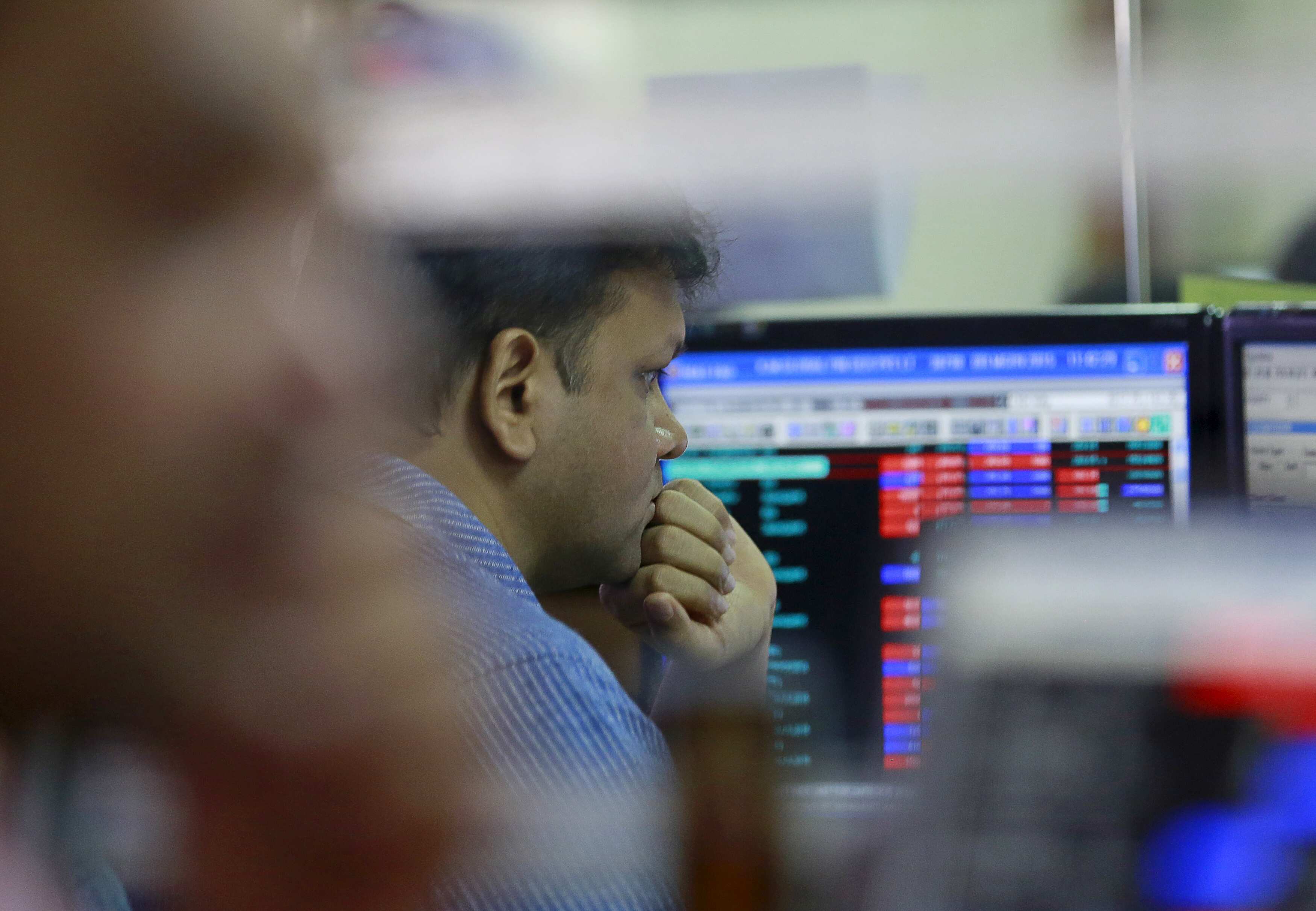[ad_1]
(Reuters) – Russia’s authorities on Friday revealed a listing of domestically-produced vehicles that state officers should purchase, all both Russian or Chinese language manufacturers, highlighting Beijing’s infiltration of Russia’s car trade for the reason that Ukraine conflict.
Chinese language carmakers have seized market share, after producers reminiscent of Renault and Nissan departed.
Because the West shuns Russia, Russia has shunned Western firms.
The Kommersant newspaper this 12 months reported the Kremlin had instructed officers concerned in preparations for Russia’s 2024 presidential election to cease utilizing Apple iPhones due to considerations the units are weak to Western intelligence companies.
On Friday, the Business and Commerce Ministry stated the automobile listing was made up of these advisable for precedence use by state and municipal workers for official functions, following an instruction from President Vladimir Putin.
“So far, home corporations have already produced a variety of fashions with numerous technical traits and gear (six manufacturers and greater than 20 fashions) which are in a position to meet the wants of assorted ranges of official,” the ministry stated.
All automakers have dedicated to deepen localisation of manufacturing, primarily based on particular funding agreements with the federal government, it added.
The Russian vehicles listed have been 5 Lada fashions, produced by Russia’s largest carmaker Avtovaz, in addition to the UAZ, Aurus and Moskvich manufacturers, and Evolute electrical vehicles.
The Moskvich, a revived Soviet-era automobile, is emblematic of China’s rising sway over Russia’s automobile trade. Sources have instructed Reuters the Moskvich 3 mannequin is a JAC Sehol X4 assembled in Moscow utilizing kits bought from a Chinese language accomplice.
5 fashions of Chinese language carmaker Haval, which has been producing vehicles at its plant within the Tula area, 200 kilometres from Moscow, since 2019, have been listed.
Haval didn’t instantly reply to a request for remark.
(Reporting by Gleb Stolyarov; Modifying by Alexander Marrow and Barbara Lewis)
[ad_2]
Source link







